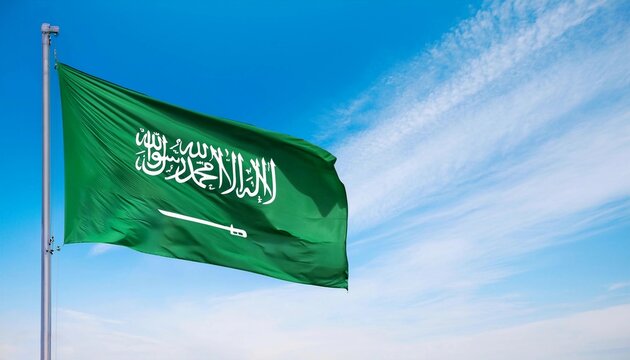Riyadh: In a historically controversial shift, the Kingdom of Saudi Arabia has announced its decision to end a 73-year-long ban on alcohol sales by 2026. The move comes as part of the country’s Vision 2030 initiative led by Crown Prince Mohammed bin Salman, which aims to diversify the economy and open the country to international tourism and global events – including Expo 2030 and FIFA World Cup 2034, said multiple reports, including those from the Economic Times and India Today.
According to official sources, alcohol will be permitted under strict regulation in approximately 600 designated zones, such as luxury hotels, tourist resorts, and premium hospitality venues. Only certain types of alcohol – specifically beer, wine, and cider – will be allowed. Stronger spirits will remain prohibited. Alcohol sales and consumption will not be permitted in residential areas, regular stores, or public spaces, and retail sales outside licensed areas will continue to be banned.
Saudi officials reportedly claim that the rollout will be carefully monitored, and alcohol will only be served by trained staff in licensed venues, maintaining what they describe as “respect for Saudi cultural and religious values” while meeting the expectations of international visitors.
While this decision is seen by some analysts as a “pragmatic step” toward modernisation, it has alarmed many Muslims across the globe who view it as a clear deviation from the principles of Islamic governance and moral integrity.
Saudi Arabia is not just another nation – it is the land of Tawheed, the birthplace of Islam, and home to the two holiest sites of Islam, Makkah and Madinah. The complete prohibition of alcohol since 1952 was a defining aspect of the Kingdom’s Islamic identity. Its reversal now, for the sake of tourism and global image-building, raises deep spiritual concerns.
Allah ﷻ clearly states in the Qur’an: “O you who believe! Intoxicants, gambling, idols, and divining arrows are abominations of Satan’s handiwork. So avoid them that you may be successful.”
(Surah Al-Ma’idah, 5:90)
Alcohol, regardless of the setting or purpose, is declared haram (prohibited) in Islam. The Prophet Muhammad ﷺ described it as the “mother of all evils,” and Islamic scholars throughout history have agreed on its prohibition. Islam is not subject to modernisation or compromise. What Allah has declared impermissible remains so, even if a majority comes to accept it.
The Qur’an warns: “And if you obey most of those upon the earth, they will mislead you far away from Allah’s path. They follow nothing but speculation, and they do nothing but lie.”
(Surah Al-An’am, 6:116)
The introduction of alcohol under the banner of Vision 2030 reflects the growing wave of liberalisation in Saudi Arabia – once known for its strict adherence to Islamic social codes. The Kingdom has already witnessed the easing of rules on gender segregation, public entertainment, and dress codes. But this latest move goes beyond social reform; it represents a moral and spiritual regression.
While the leadership claims that alcohol will be served only in “controlled environments,” this normalisation of a clearly haram act under the guise of economic reform cannot be overlooked. Islam is not confined to personal acts of worship; it is a complete way of life, meant to govern both individual and societal behaviour.
The Prophet ﷺ said: “Whoever among you sees an evil, let him change it with his hand; if he cannot, then with his tongue; and if he cannot, then with his heart – and that is the weakest level of faith.” (Sahih Muslim)
This decision should not be seen as merely administrative or economic. It is a spiritual test for the Ummah – to stand firm upon the truth, to raise voices of concern respectfully and peacefully, and to hold fast to the commands of Allah and His Messenger ﷺ.
Let this moment serve as a reminder that modernisation must not come at the cost of morality. Progress is not defined by how closely we mirror Western norms, but by how faithfully we uphold divine guidance. It is the responsibility of Muslims everywhere to promote good and forbid evil – not with hostility, but with wisdom, sincerity, and unwavering faith.
May Allah protect the sanctity of the lands of the Haramain, and may He guide its leaders and people back to His path, keeping them firm upon the Qur’an and Sunnah. Ameen.




